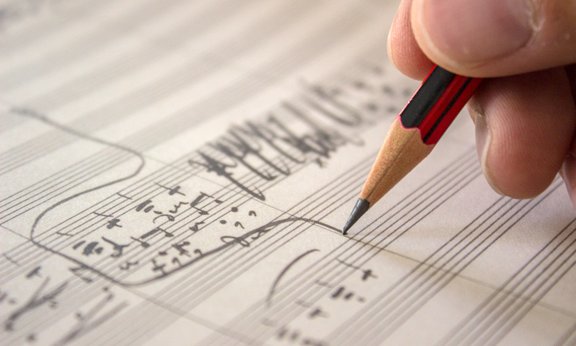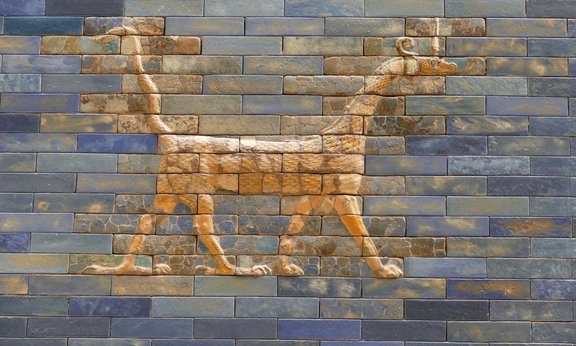Master’s Programme Music Studies
You want to analyse and understand European and non-European music cultures in depth?
The students of the Master’s Degree Programme in Music Studies deepen and expand their knowledge about diverse topics in historical musicology, ethnomusicology and popular music.
Please note: the language of instruction for this programme is German.
Study Code
UC 066 836
All studiesStudent advisory serviceMinorSupplementary Programme
FAQ
Graduates possess highly specialised knowledge. They are able to apply their knowledge by independently formulate and substantiate scientific arguments and to find innovative solutions to problems.
The Master's Programme Music Studies is grouped among the Humanities.
The master's programme serves as an in-depth and complementary vocational education based on a relevant bachelor's programme. Special attention in the master’s programme is to be given to an increasingly autonomous approach of scientific issues, problem-solving skills as well as promoting critical reflection of research results and methodological approaches.
Graduates of the Master’s Programme Music Studies have highly specialized knowledge in different disciplines of music studies, which qualify them for innovative and original research. They are able to elaborate new problem statements and to achive methodically secured results, with special attention to the current state of research. They are able to apply their knowledge and understanding in terms of subject-specific skills and the competence of scientific integration of knowledge from different areas.
Research (within the university and also in non-university or other academic institutions), teaching at universities and art universities, academies of music and other teaching institutions in the field of music, music schools as well as adult education institiutions, musical collections and music-related documentation facilities (libraries, archives, museums, music information centres), media (radio, TV, print media, internet), cultural management (event management), dramaturgy, cultural industry (publishers, recording industry), cultural administration and cultural politics.
Graduates tracking: Shows which occupational fields students enter after graduation
Faculty of Philosophy and History Examination Office Information for students with disabilities
Curriculum
From the field

Forschungsstelle Gustav Mahler gegründet
Gustav Mahler hat der Musikwelt ein umfangreiches Werk hinterlassen, das Wissenschaftlerinnen und Wissenschaftler bis heute fasziniert. Der Komponist reiste immer wieder nach Toblach, im Südtiroler Pustertal, wo er seine drei letzten großen Werke komponierte. Zur Würdigung und weiteren Erforschung seines Schaffens wird in Toblach die Forschungsstelle Gustav Mahler gegründet.

Himmlische Höhen
Auf Bergen wie dem Fujiyama, Kailash, Olymp, Sinai, Athos oder dem Mont Saint Michel verorten Menschen unterschiedlicher Länder, Religionen und Kulturen Heiliges. Noch irdisch aber dem Himmel zugewandt übt die Mächtigkeit der Berge schon seit jeher eine große Faszination aus.

Zwischen den Notenlinien
Von Musik im Mittelalter über klassische Musik bis hin zur modernen Popmusik haben Komponistinnen und Komponisten ihre Ideen in vielfältiger Art und Weise verschriftlicht. Die Art der Notation hat sich über die Jahrhunderte mit den Anforderungen und technischen Möglichkeiten gewandelt. Ein internationales Forschungsteam möchte nun eine Theorie der musikalischen Schrift entwickeln.

Zentrale Studienberatung
Wir sind die erste Anlaufstelle bei allen Fragen rund ums Studium für Schüler*innen, Studieninteressierte und Studierende sowie Eltern und Lehrer*innen.
Related studies

English and American Studies (Master)
Master of Arts

Educational Sciences (Master)
Master of Arts

Romance Studies (Master)
Master of Arts


















